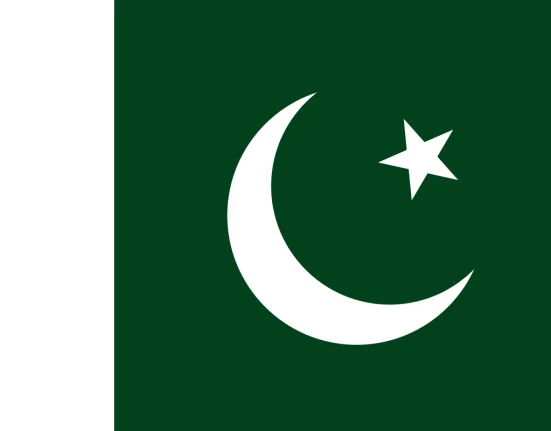BASTI AHMAD DIN: The 400 people who live in Basti Ahmad Din, a small community engulfed in floodwater as a result of heavy monsoon rains, are in danger of famine and illness. However, they have rejected requests to leave.
According to locals who spoke to AFP, leaving for a relief camp would mean the women of the hamlet mixing with males outside of their families, which would be against their “honor.”There is no voice for the women of Basti Ahmad Din.
When asked if she would prefer to relocate to the safety of a camp on dry land, Shireen Bibi, 17, responded, “It is up to the local elders to decide.”
This summer’s catastrophic monsoon rains, which are attributed to climate change, submerged large areas of Pakistan, leaving residents like those in Basti Ahmad Din to struggle with the loss of their houses and means of subsistence.
The Rohan region of Punjab province’s Basti Ahmad Din contains 90 dwellings, more than half of which have been completely destroyed. When the rains began in June, cotton harvests surrounded the community; today, they are decaying in flooded fields, and the dirt road that once led to the closest city is three meters (10 feet) underwater. Additionally, this law might entirely cut off women and girls from vital necessities like food and medical care in a catastrophic event like the floods in Pakistan.
The men of Basti Ahmad Din travel by pricey boat once a week to the closest relief camp for assistance and supplies rather than taking their families.
Male village elders assert that only “emergencies” like poor health make it acceptable for women to leave.







